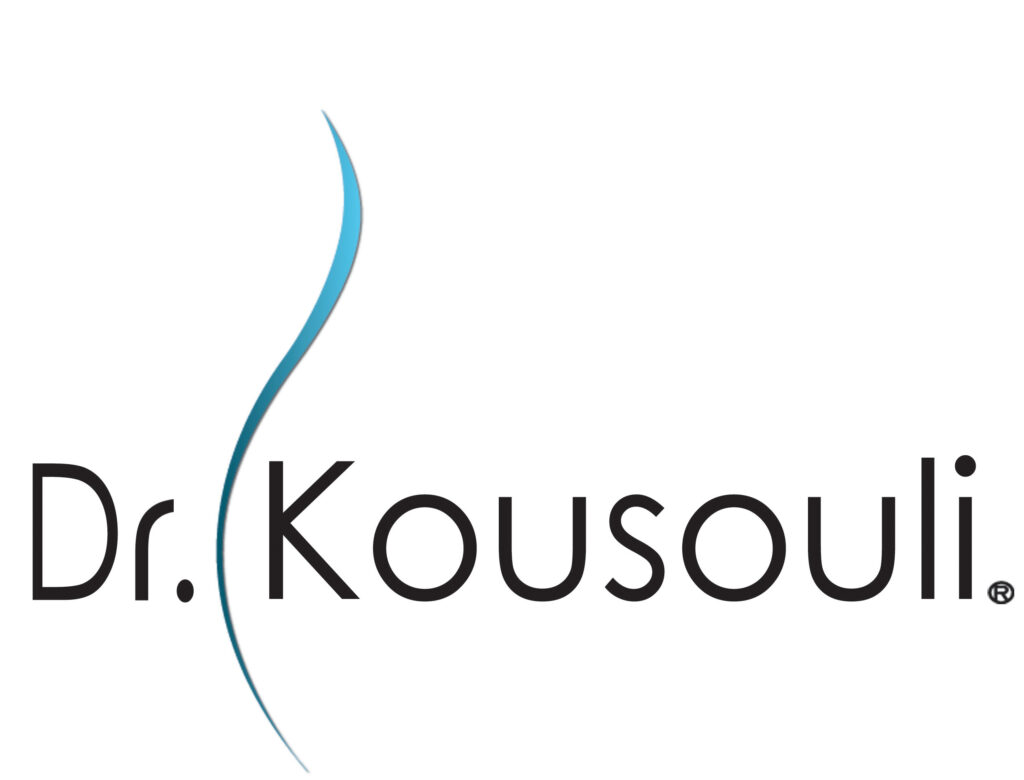An Emotional Therapist is a licensed professional who provides emotional therapy to patients. They provide a wide range of emotional services, including cognitive behavioral therapy for mood disorders, anxiety, depression, post traumatic stress disorder, psychosis, and other emotional problems. There are two schools of thought about emotional therapy: cognitive behavioral therapy and attachment style therapy. Attachment style therapy is more holistic that the cognitive behavioral therapy school of thought. The approach used in Attachment Therapy is not based on diagnosing a specific disorder but on the fact that children have emotional needs that need to be met in order for them to grow and develop successfully.
Cognitive behavioral therapy is the most common approach to emotional therapy. The emotional therapist will teach you how to understand your emotions and to manage them. Emotions are powerful, largely untapped resources that can shape our behaviors and can be managed and controlled. Learn to listen to your emotions and find the way to express them without suppressing them or trying to convince yourself they are wrong. As an emotional therapist, you will work closely with your patient to determine which emotions are consistent with diagnosis, which ones you should work on undoing, and how to cope when these emotions are experienced.
Attachment therapy helps individuals and couples work through their feelings by creating an environment that is emotionally focused and loving. In Attachment Therapy, the therapist and client practice emotional relaxation, controlled breathing, physical exercise, guided top nashville chiropractor, meditation, relaxation instruction, and journaling. Emotionally focused therapy is a family of approaches to emotional psychotherapy with patients, couples, or family caregivers. CBT (Cognitive Behavioral Therapy) helps patients uncover and manage their negative beliefs about themselves, others, and situations. Attachment Therapy helps clients manage their emotions in healthy and meaningful relationships.
You may also want to consider a life coach. A life coach (or a counselor or therapist) supports and assists clients in planning their lives, developing personal goals, overcoming emotional difficulties, improving interpersonal relationships, and experiencing growth in their careers, finances, relationships, etc. A life coach also gives students, entrepreneurs, executives, and other professionals a “how-to” manual on how to become successful. Sometimes just getting out of bed in the morning is not enough. A life coach can help clients identify problems in their lives and develop solutions. This can be a very rewarding profession.
A therapeutic retreat is a highly-charged, intensive two-day retreat in which the therapist facilitates group therapy and emotional healing. This type of retreat is for professional, spiritual, therapeutic, and personal growth purposes only. There is no medication or alcohol consumed on the premises. Participants experience deep personal transformation and gain renewed confidence, intimacy, self-esteem, and leadership skills. Most retreats are led by licensed psychologists, physicians, or other licensed health care providers.
If you suffer from severe emotional problems like depression, anxiety, bipolar, social phobia, post-traumatic stress disorder, you may want to consider a shorter, more intense residential program. The sessions usually last only one day, although some programs may go for several days. Many people who undergo shorter residential counseling and therapy find that they feel better for attending the smaller, more intimate session.
Many people choose to go to an intensive psychotherapy workshop or weekend program because the weekly meetings can be a little too impersonal and hectic. A therapist who specializes in emotional issues will have expertise in dealing with your specific situation, concerns, and problems. A good therapist will know when your session is not working and will be able to tailor a more appropriate and personally tailored program. Plus, a shorter program allows you to take time off your busy schedule to attend the workshop.
During and after any one of these programs, you can expect a significant change in emotional awareness and ability. You will be more aware of your emotions and can begin to make better choices, sort out bad thoughts, understand yourself and others better, and develop skills for improving relationships and parenting skills. Your psychotherapist will provide information on any additional therapy beyond what was provided in the initial emotional focused therapy session.

 Three Hours That Will Save You thousands – The Best Home Inspection Vs the True Test Home Inspection Pros and Cons
Three Hours That Will Save You thousands – The Best Home Inspection Vs the True Test Home Inspection Pros and Cons